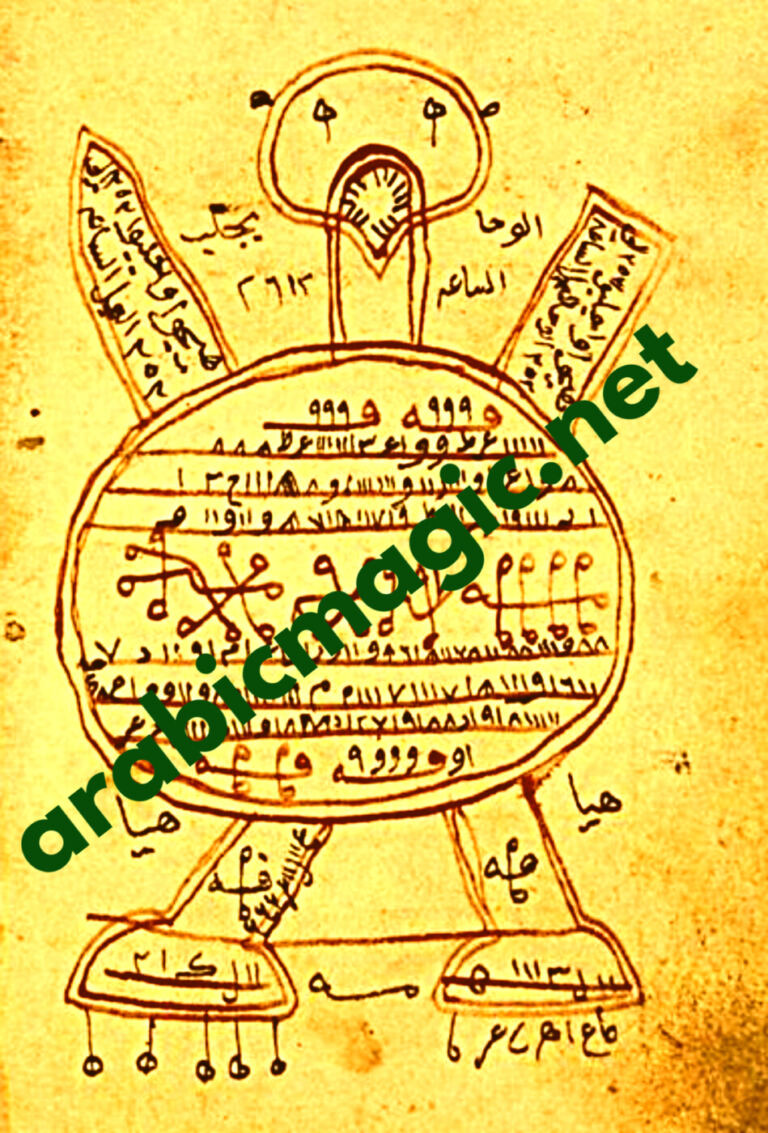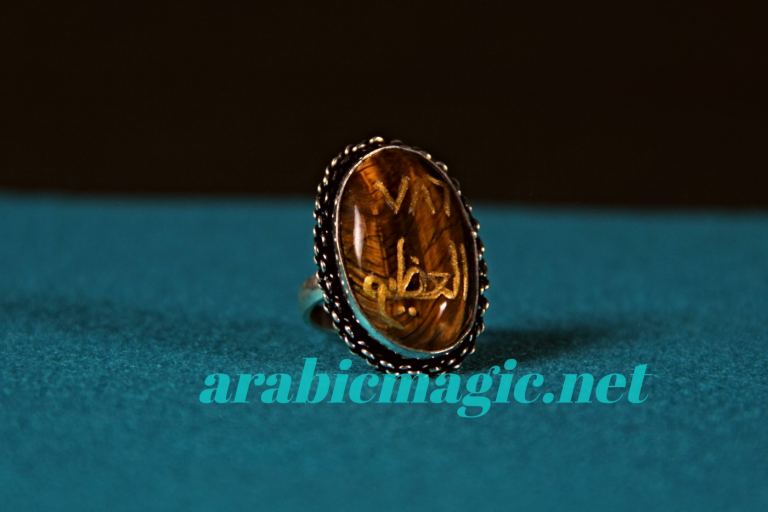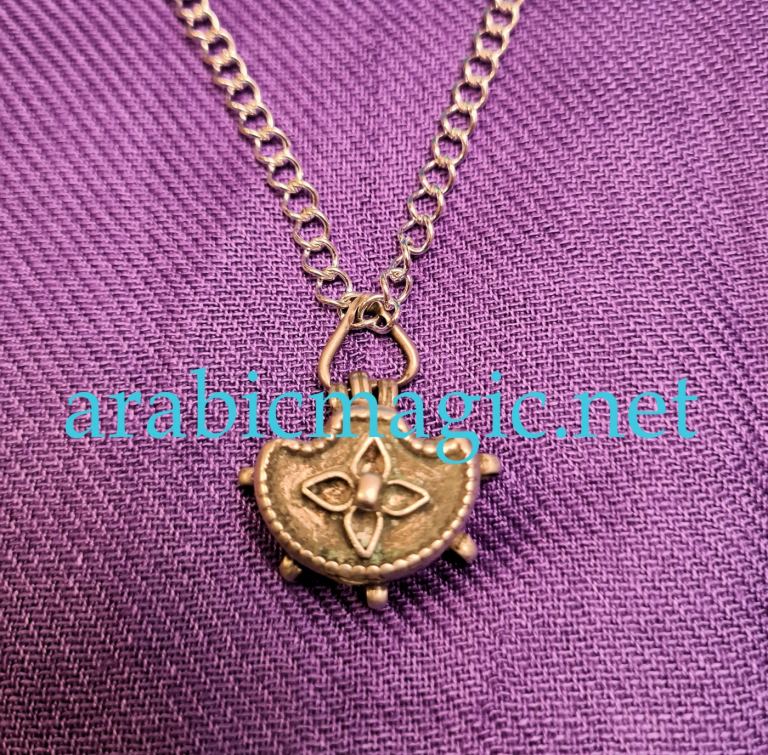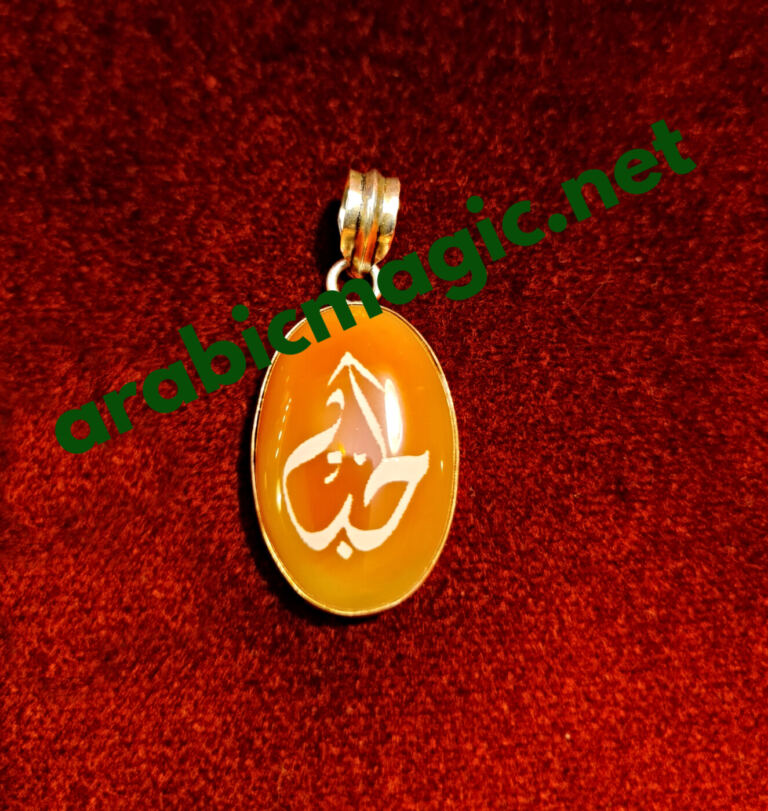A belief in magic and the jinn plays an important part in the Arab world. The Arabs believe in the existence of beings to whom they ascribe the generic name of jinn الجن which means “to hide, to conceal”. The grammatically correct masculine singular form in Arabic is jinni and the feminine equivalent jinniya [جنية/ جني, and jinn is the plural form. Islam accepts the existence of subtle, non-human entities as part of God’s creation. According to the Qurʾān, the jinn are invisible spirits that live among us and were created before men. It is commonly believed that these spirits live in tribes and nations, and belong to different religions, whether Muslim, Christian, Jewish, or infidels (unbelievers). The Jewish and idolatrous jinn are generally held to be the worst kinds, whilst the Muslim jinn are considered good and pious. The wicked shayāṭīn شياطين or devils are the servants of Iblis who launch harmful attacks against humans. The spirits are organised in tribes under chiefs and princes. Each jinni is dangerous because, like the Arabs, the power of his tribe is behind him and will avenge him if need be. The jinn are as innumerable as the sand, being of different types, different sexes, different religions, different races, and speaking different languages. They may communicate through a human host or one may hear them as disembodied voices. Sometimes one may glimpse them, as they can assume the shape of humans or animals in order to appear to us. Yet jinn are different from humans in nature, appearance, and power. According to the Quran, they are born of smokeless fire while human beings are created out of clay (Surah al-Rahman: 14–15), which makes physical contact between them impossible. Also, jinn are invisible...







